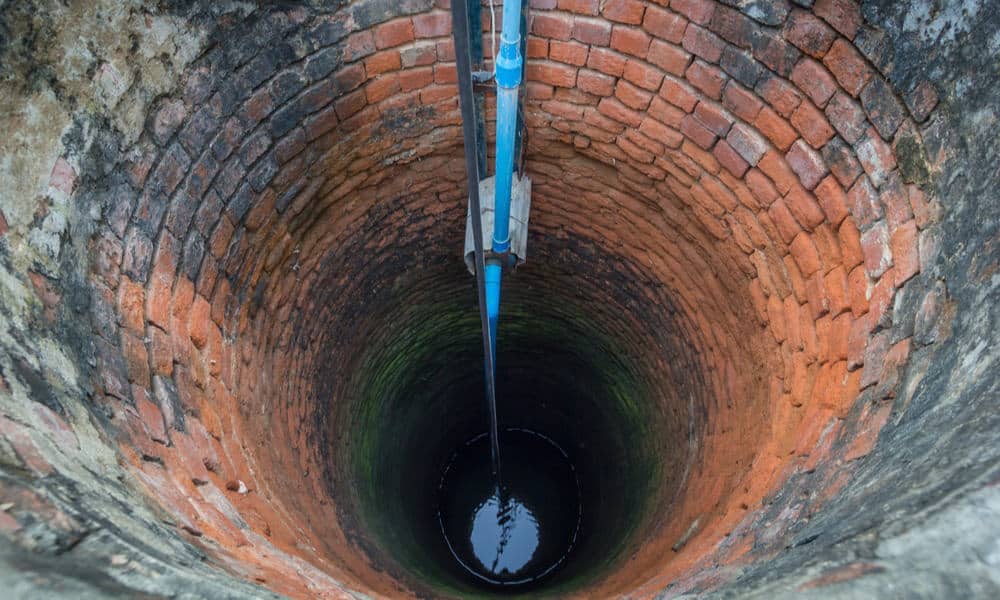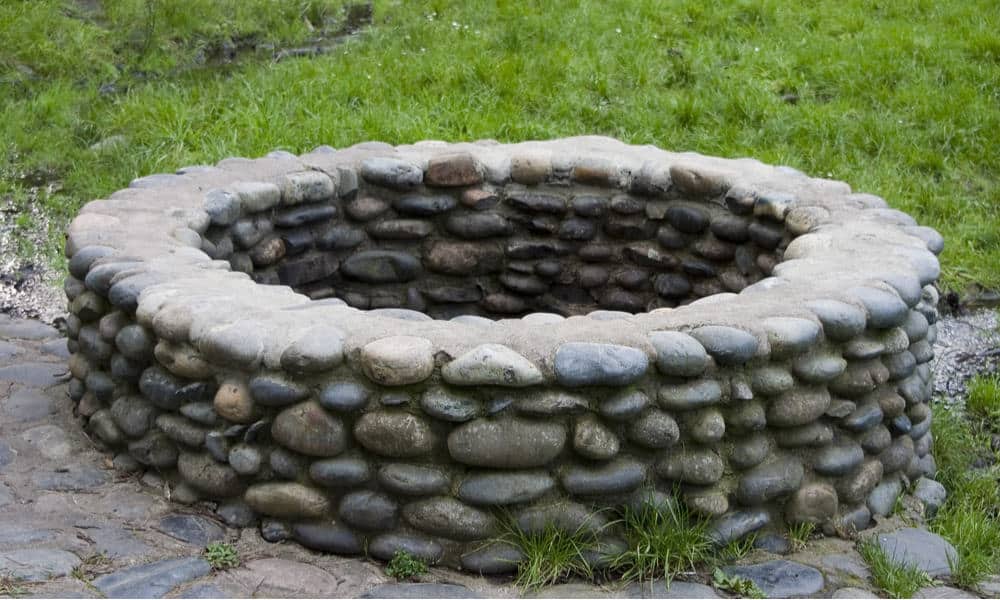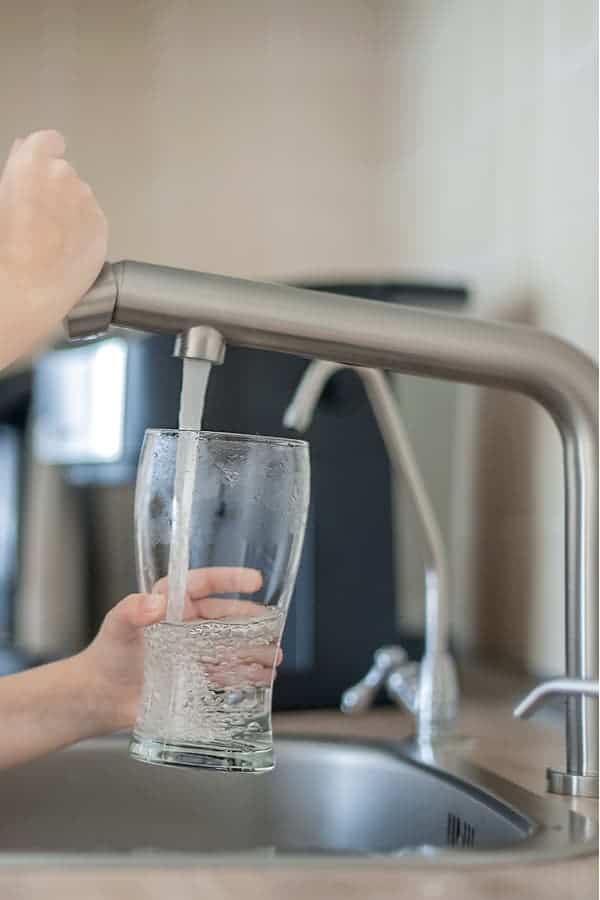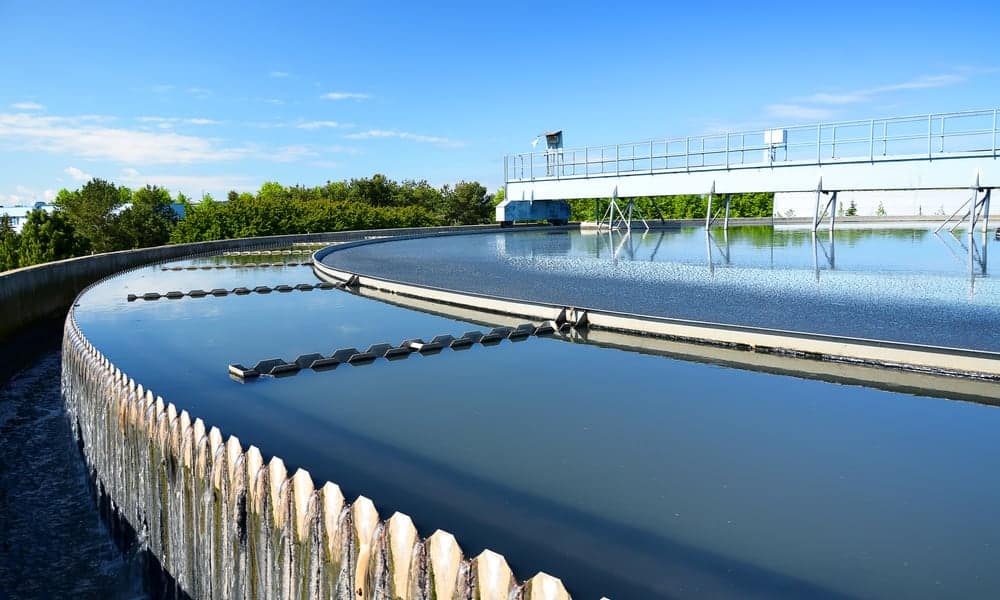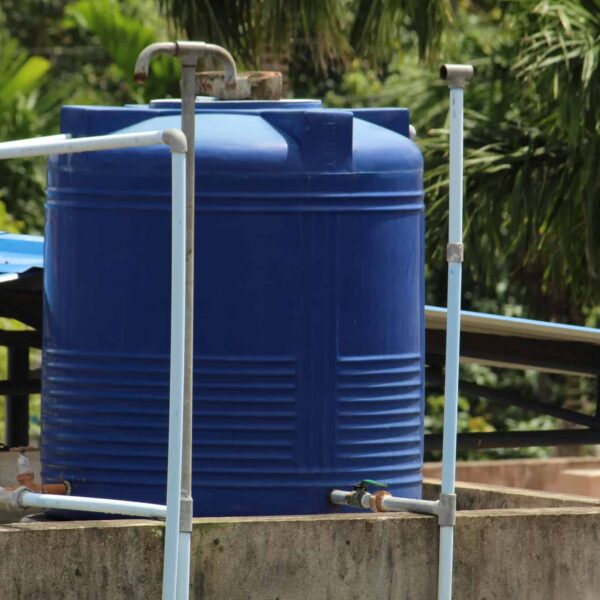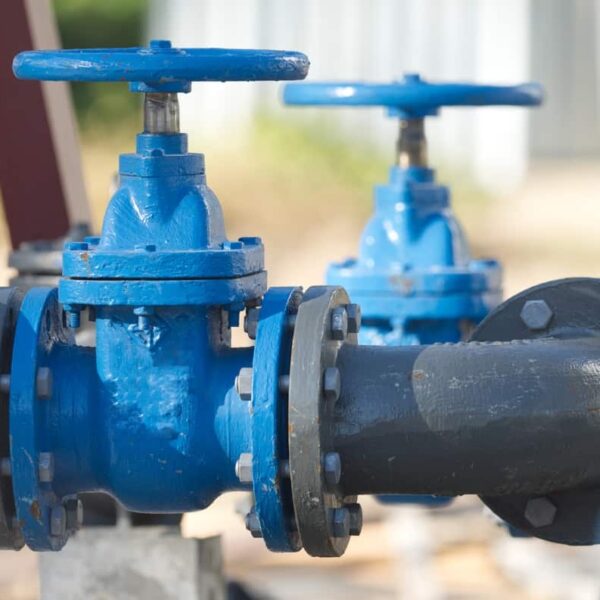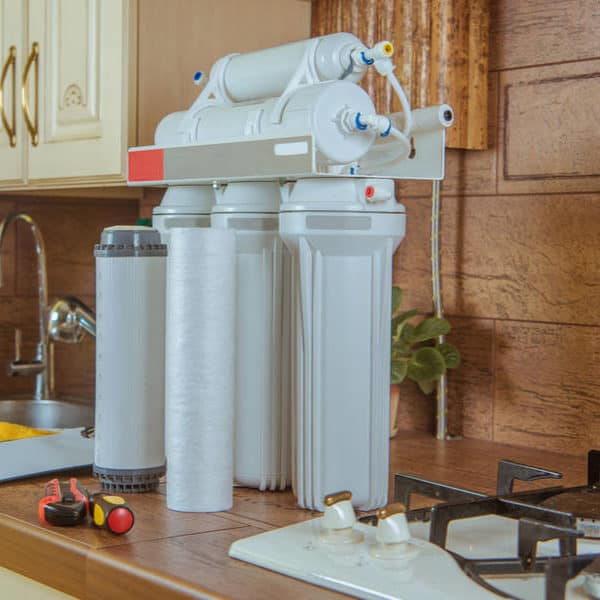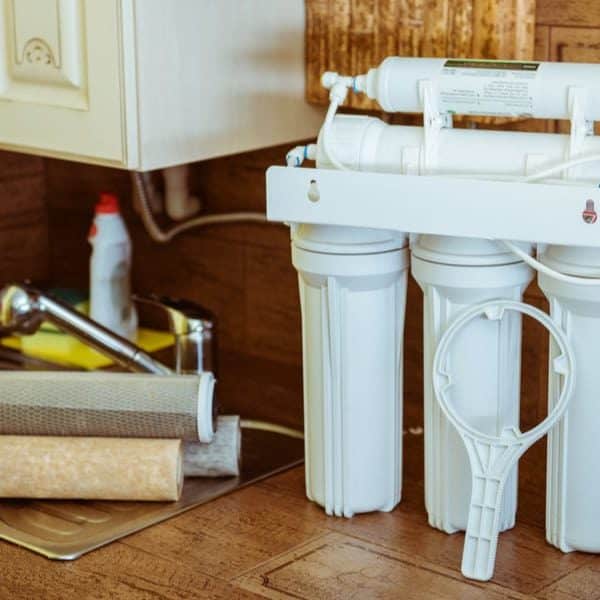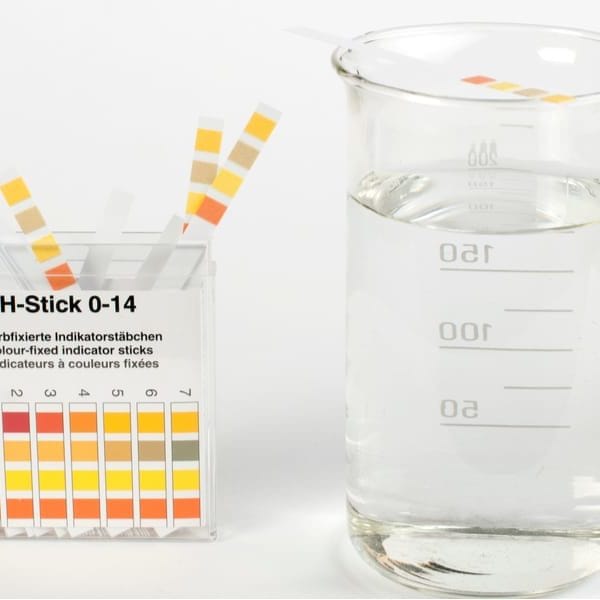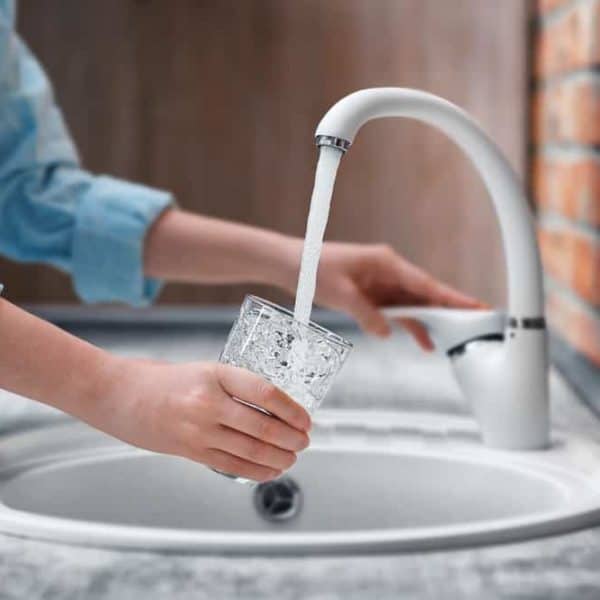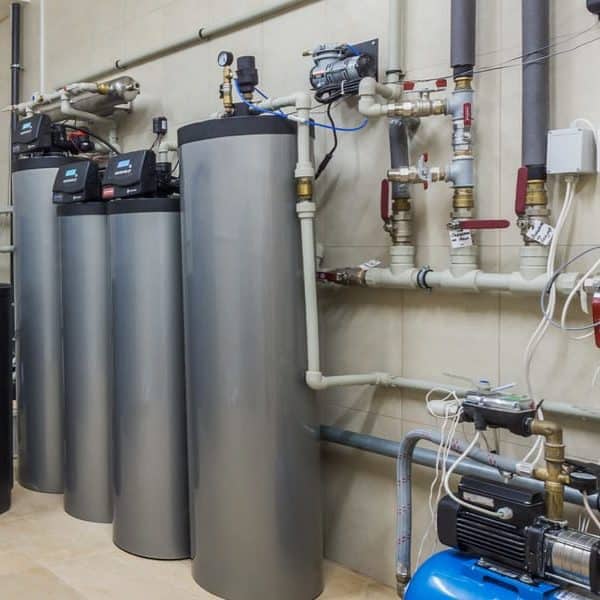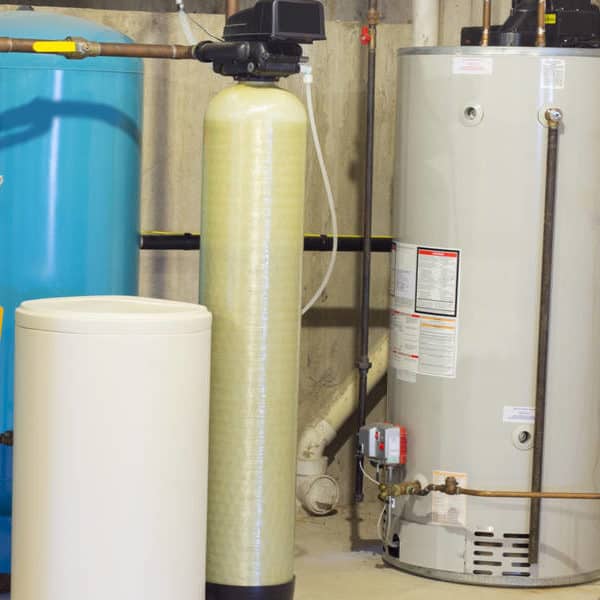Water stands as the most important chemical compound which is used by humans daily. Since it is essential for healthy living, where you get your drinking water is important. Many people keep asking questions like, which water is best for use “well water or city water”?
Both types of water have their various pros and cons. Hence, this post on city water vs well water will help you determine the water that is best for you.
What is Well Water
Those who live in undeveloped areas may depend on well water for their survival. Some water supply businesses in big cities usually use deep wells as their water source. Unlike city water, well water does not require a lot of treatment.
Water gotten from wells come from deep underlying soils and rocks and is not as contaminated as city waters. The reason is that the rocks and soil layers in the earth filter the well water. However, some contaminants might still find their way even when it gets filtered by an aquifer.
Furthermore, well water contains more minerals than city water. Most times, these minerals aren’t harmful to human health. Hard water, which is high in magnesium and calcium (although not harmful), will need a water softener to make it fit for use.
You don’t need to necessarily treat the water all the time. However, ensure you carry out annual inspections and treat it when you notice a change in taste or appearance. You can employ many treatment options if you noticed it is contaminated.
One easy way of treating personal well water is by shocking. While there are many available on the market, using the unscented household bleach might be the best option. However, ensure that you have enough drinking water for a day, as shocking the well could take up to 24hours.
What is City Water
City water is gotten from the river. This water has so many contaminants and pollutants, which makes it goes through a lot of purity tests and cleaning procedures. These tests take place daily.
However, during city water tests, chemicals such as fluoride and chlorine are added to the water. Even when tests are run on a daily, contaminants from old pipelines may still find their way in. To ensure your city water is clean and safe to drink, get water testing kits for your personal use.
Most times, one of the issues with city water is the fact that it comes with an unpleasant smell or taste. This water usually treated with chemicals that give it an unpleasant odor and color. Luckily, employing a whole house water filter in your home can make city water taste and look better.
One thing many don’t find comfortable is that city water comes with a monthly water fee.
Pros of Well Water
No water bill
If you own a private well that supply you with water, then you free from monthly charges or bills. Unlike city water, you don’t need to pay extra cash for using well water. Surely, since you don’t have to worry about the extra bills, this makes you save more on other things.
Contains Useful Minerals
It is also high in nutrients and looks fresher. The reason is that the aquifer underground has filtered the water, making it more refreshing and cleaner than the surface water. Also, well water tastes better due to the high minerals in it which are useful in the body of adults and children.
Not Affected By Natural Disasters
Natural disasters such as floods can disrupt the distribution of city water. Problems such as this do not affect well water unless it is particularly severe. Either way, well water always has a way of standing out.
Cons of Well Water
Needs Electricity
This type of water needs electricity to draw the water from the ground except you want to go through the manual process which can be stressful. If there is no electricity, then you won’t be able to pump out water.
Also, if your pump develops a fault, then there will be no water. This leaves you with no other option than to use a generator or solar power as an alternative power source. If you can’t find an alternative power source, you will have to live without water for the time being.
Quality and Regular Maintenance Entirely On You
You are the owner of your well, and it is your property, so you are solely responsible for the quality of your water. If your pump gets bad, you have no other option but to fix it.
Also, you are responsible for all additional drillings, repairs, and maintenance. Base on the level of repair, it can cost you a lot of money. You are also responsible for routine water tests and treatments.
Get Contaminated Easily
Dead animals, sewage, radiation, and harmful chemicals are all pollutants that can damage well water. Dead animals and leaves can contaminate the well water if they fall into it. Also, if you have a septic system close by, this can also pollute the well water, affecting its quality and taste.
With that said, always ensure that the well water gets tested regularly. To make things easier, use a water distiller machine to purify water and water softener to reduce its hardness. Make sure it is from all pollutants such as bacteria, heavy metals, and chemicals.
Pros of Using City Water
Care and Maintenance Depend On the City Water Management
Whenever you switch on your taps, you don’t have to worry if the water is tested or not. You can relax and use your water, knowing that it passes through some filtration process daily. You can ask your city water supply management to check your water whenever you feel your water isn’t in its best state
The city water meets all EPA quality guidelines. It is for this reason why most homeowners prefer city water to well water. Don’t have to worry whether your water is clean because the city has to run routine checks, and deliver clean water.
Additional Nutrient
The city adds certain health-beneficial chemicals to the water to make it rich in minerals and nutrients. These chemicals are added to replace those healthy minerals and nutrients that were lost during filtration.
Cons of Using City water
Not Too Fresh Compared to Well Water
City water is gotten from surface and run-off water, which means it contains a lot of contaminants than well water. Also, due to the chemical treatment and extensive filtering, it might not have a refreshing taste like well water.
High Cost
The monthly bill for city water is on the rise as pollutants become quite challenging to treat. Although it is great to have your water maintained by the city, the bill that comes with it is often high.
Less Control of the Water
Since the city owns the water, they can turn off your water when you fail to pay your bills. Also, if an emergency water treatment needs to be carried out, they can turn it off to get it done. Although the water hardly goes off when you pay your water bills, you still can’t stop this from happening.
Easily Affected by Natural Disaster
Natural disasters, such as floods, could occur at any time, causing severe water contamination. When this happens, it might take a long period to get the water, equipment, and pipes treated.
Well Water vs City Water: Which Is Preferable?
During the years, well water vs city water has given rise to many debates. City water removes the need to wonder whether the water you are consuming is healthy or not. Knowing that the water passes through some distillation to make it fit for consuming gives peace of mind.
Most individuals will choose the well water over city water for many reasons. Well water comes with some health benefits that cannot be found in city water. The cost of operating well water is much lower than the monthly bills paid for city water.
Nevertheless, no matter the water source, contaminants and impurities can still find their way into your water. But on the bright side, well waters contain more minerals, and these minerals are beneficial to human health. However, ensure that you purify the water (whether well or city water) with water filtration systems like the reverse osmosis system.
Using water purification machines to purify your water is one of the best ways to make your home water free of contaminants. These water purification machines help in getting rid of impurities in your water. Most townships and counties carry out yearly water testing to detect contaminants in both well and city waters.
A water test report or result can help you in determining the filtration system that is best for your home water. Most filtration systems provide you with a less expensive way of improving its taste and smell. These systems also go a long way in keeping it safe and healthy for consumption.
Wrap Up
Well and city water has so many differences when compared to one another. With this guide, we hope you can spot out the benefits of well water vs city water.
Knowing the differences between well water and city water will take you a step closer to choosing the right one for your home. But in most urban areas, you might not have a choice to choose since city water might be the only option.
Do you have any questions on well water vs city water? If you do, please drop a comment below!
